South Korean Overwatch Contenders team Meta Bellum has a new player on-board for season two.
The Meta Gaming announced recently that it’s signed Lee “Happy” Jung-woo to its Contenders roster, and Korean fans aren’t pleased. Like Overwatch League players Kim “Sado” Su-Min and Son “OGE” Min-seok, Happy (once known as Vesta) was once a booster. Boosting is the act of ranking up lower players’ Overwatch accounts for money. It falsifies a player’s rank and negatively impacts the game for many Overwatch players.
It’s one of the more serious infractions in competitive Overwatch, and the Korean fanbase doesn’t take it lightly. Happy will attempt to amend his past misdeeds by donating his entire salary and Contenders earnings to ChildFund Korea, a charity dedicated to children’s welfare in Korea, Meta Gaming president John Kim told Dot Esports. Happy has also chosen to dedicate a number of service hours to the charity’s local branch.
On top of that, Happy was unable to participate in Overwatch Contenders Korea’s first season—he was kicked from his former teams, Element Mystic and Blossom, as punishment for boosting. (A statement from The Meta Gaming, translated by @gatamchun on Twitter, said Happy boosted for three days and earned $80. These incidents were reportedly over a year ago.)
“The point is that he desperately wanted to become a pro,” Kim said. “To the west, [Happy’s decision] might seem a bit harsh considering the small amount of boosting he did, but the Korean community is very sensitive to these matters. To some, even this is not enough.”
Teams are paid by Blizzard for each game, $587 per win and $330 per loss for the regular season. (Map draws garner the team $458.50.) Thats on top of the prize money awarded for winning—$30,000 for first place, $12,450 for second, $7,575 for third and fourth, and $4,350 for fifth through eighth. Last season, Meta Bellum took home a total of $17,002. It’s split among the players and, likely, the organization, but it’s not chump change. (The Meta Gaming has not disclosed salary details for its players.)
Korean boosters have joined western Overwatch teams, like Sado and Philadelphia Fusion and OGE on Dallas Fuel. But a Korean team welcoming back a former booster is rare.
Kim added that there is “severe” hypocrisy in the Korean Overwatch scene. “Almost every team has former and current boosters on their team, they just haven’t had evidence released to the public yet,” he said. “What Happy did was nothing compared to others.”
He added that current Overwatch Contenders Korea teams have coaches who “were boosters and win-traders” at some point.
It’s a problem with the tier two Overwatch scene as a whole. “Many teams don’t even pay their players and make them sign lengthy contracts with ridiculous terms,” Kim added. “Two to three year contracts with zero pay and 20 to 30 percent of their salary committed to agency fees in case they go to Overwatch League or another team.”
Teams are taking advantage of “naïve young kids” with dreams of playing Overwatch professionally. “No wonder some of them decide to boost,” Kim added.
Unpacking the severity of boosting is complex. There are many issues at play—namely, cultural differences and desperate players in a neutered tier two scene. Boosting in Korea is taken much more seriously than it is internationally; foreign fans mocking Korean perception of boosting belittles the community’s concerns. But we must also consider the situations that led Overwatch players to boost. If a player needs to make money but isn’t getting paid by their team, some feel forced into boosting. There are opportunities to make money playing Overwatch wherein the pro scene there often isn’t, unless they’re on a top team.
That scenario doesn’t make boosting right. But can a player be forgiven? Can a former booster ever be accepted by the Korean community? Heavier regulation by Blizzard could help. Clear cut guidelines on punishments could help set a standard for acceptance. Once a player has paid their figurative dues, they’re able to come back to the pro scene—or not. Ambivalence is hurting the players. Teams, too, must support flourishing players. If a tier two player is able to make a decent living playing Overwatch, they’re not going to need to look elsewhere for money.
It’s not a system that will be changed overnight. Despite Happy’s apology and penance, there’s a chance he’ll never be accepted by the community. But Kim is confident in The Meta Gaming’s decision to bring him onto the team.
“Happy is a talented player, but our DPS line of Jang “CCJ” Min-ki and Lee “Na1st” Ho-sung is fine without him,” Kim said. “We knew we were going to get a lot of heat for this, but I truly believe it’s the right thing to do. No one is perfect.”


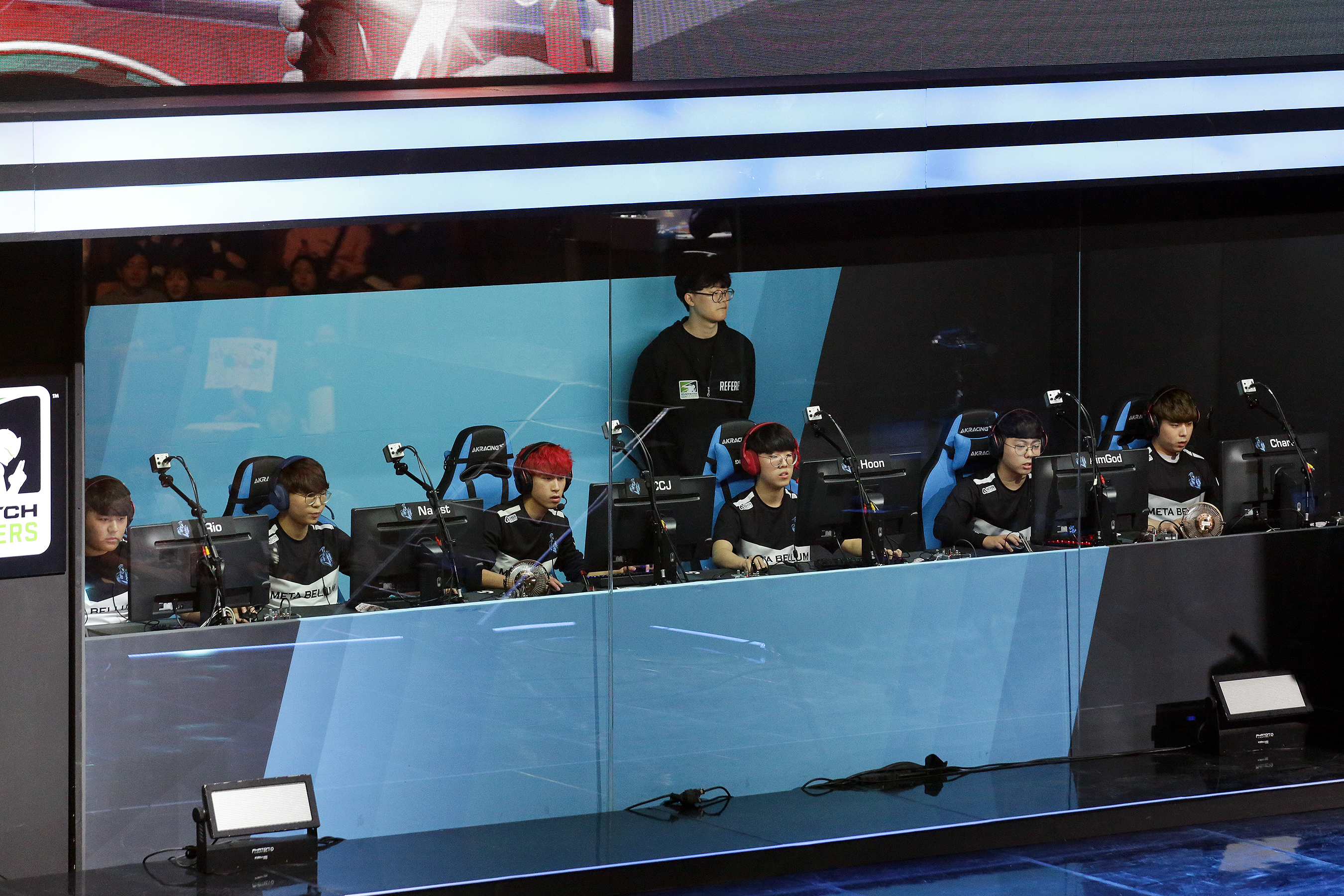
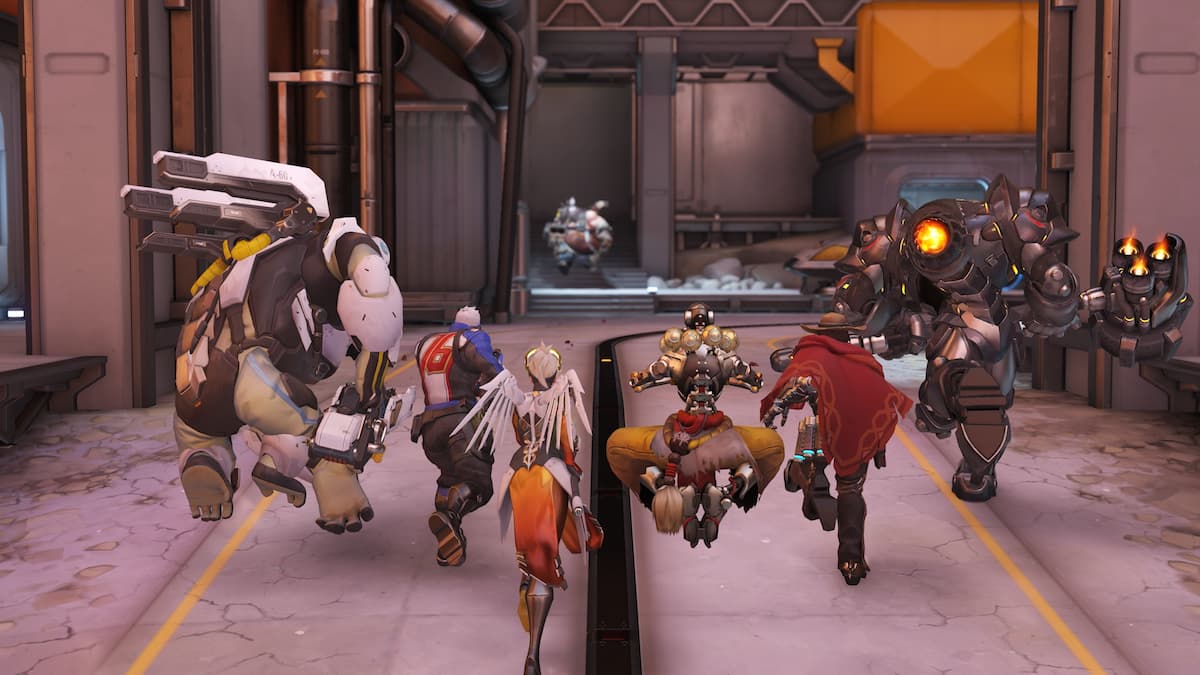

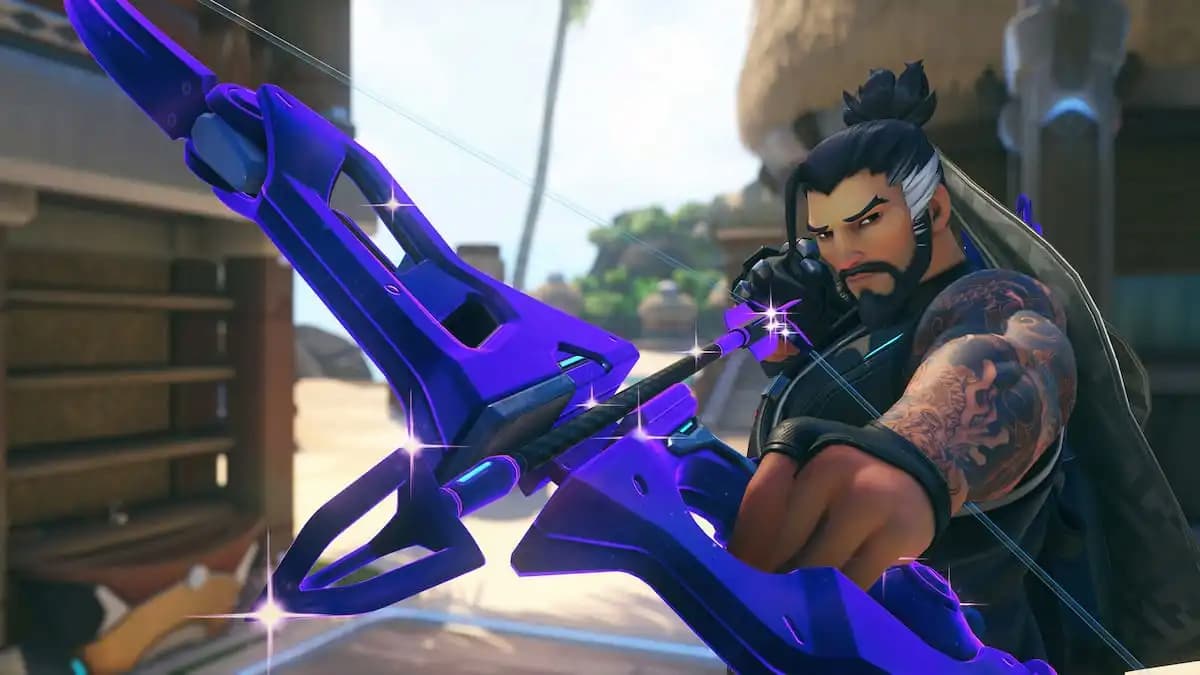
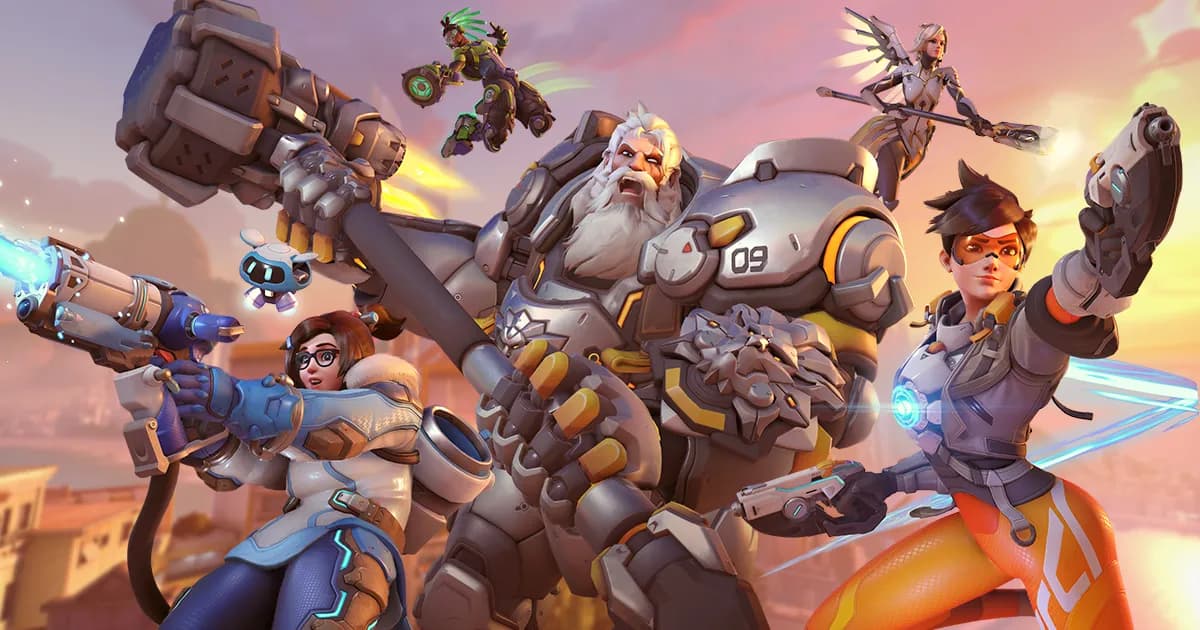
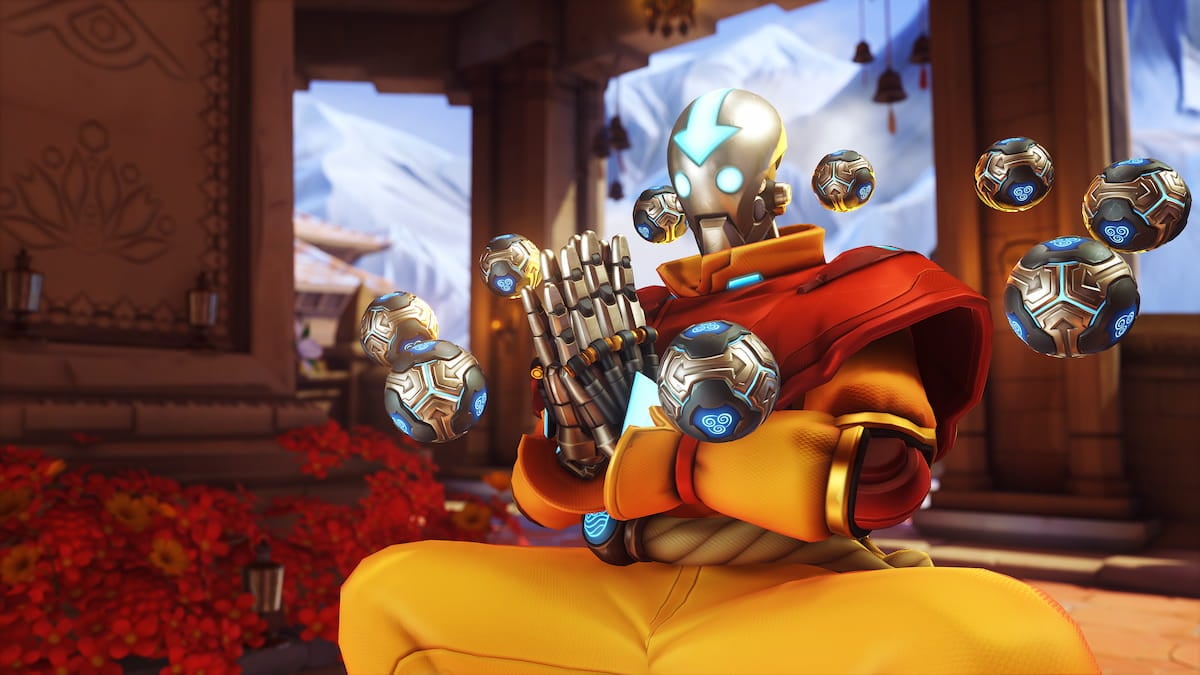
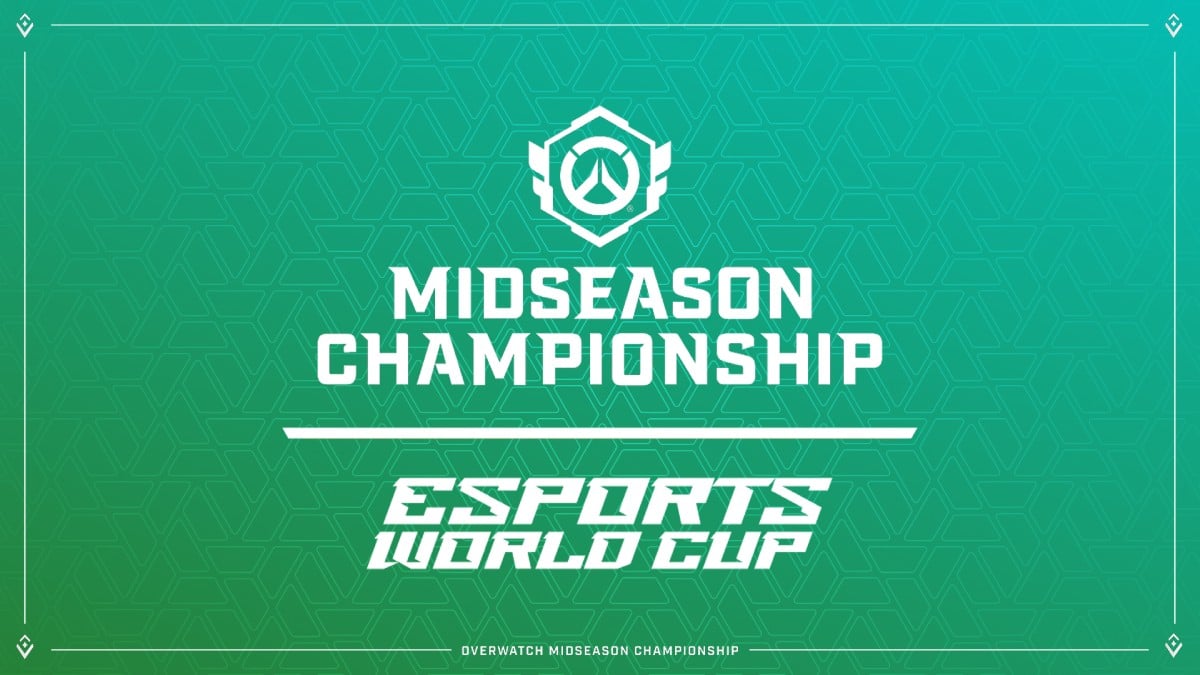
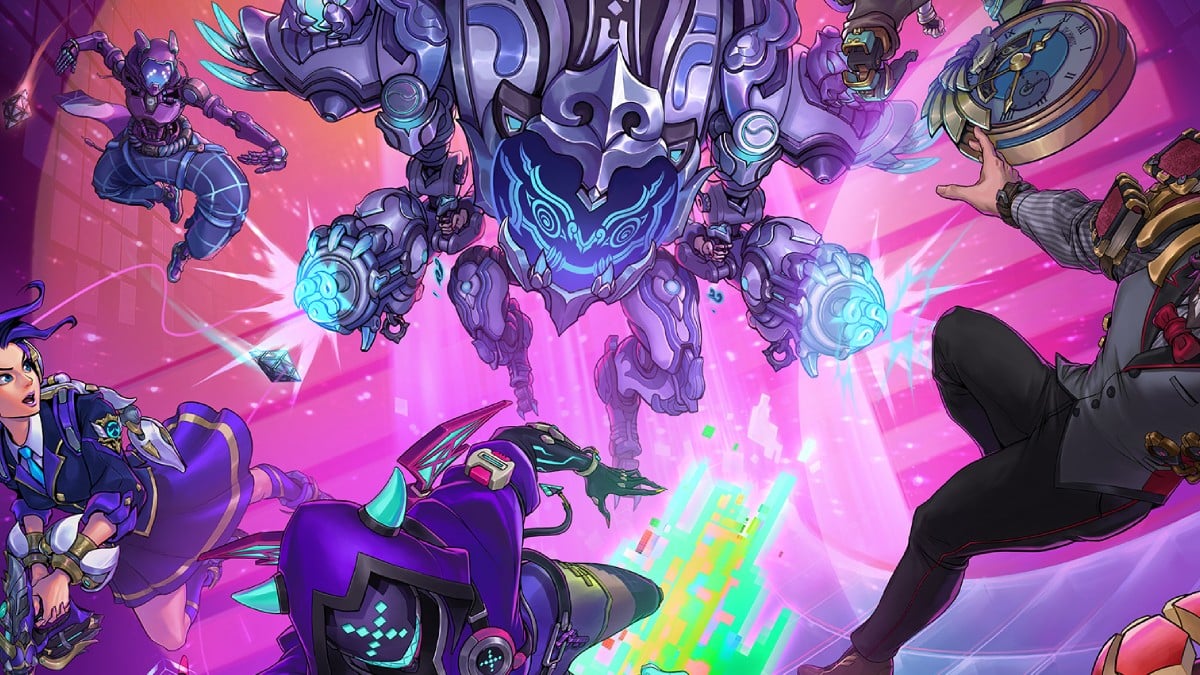
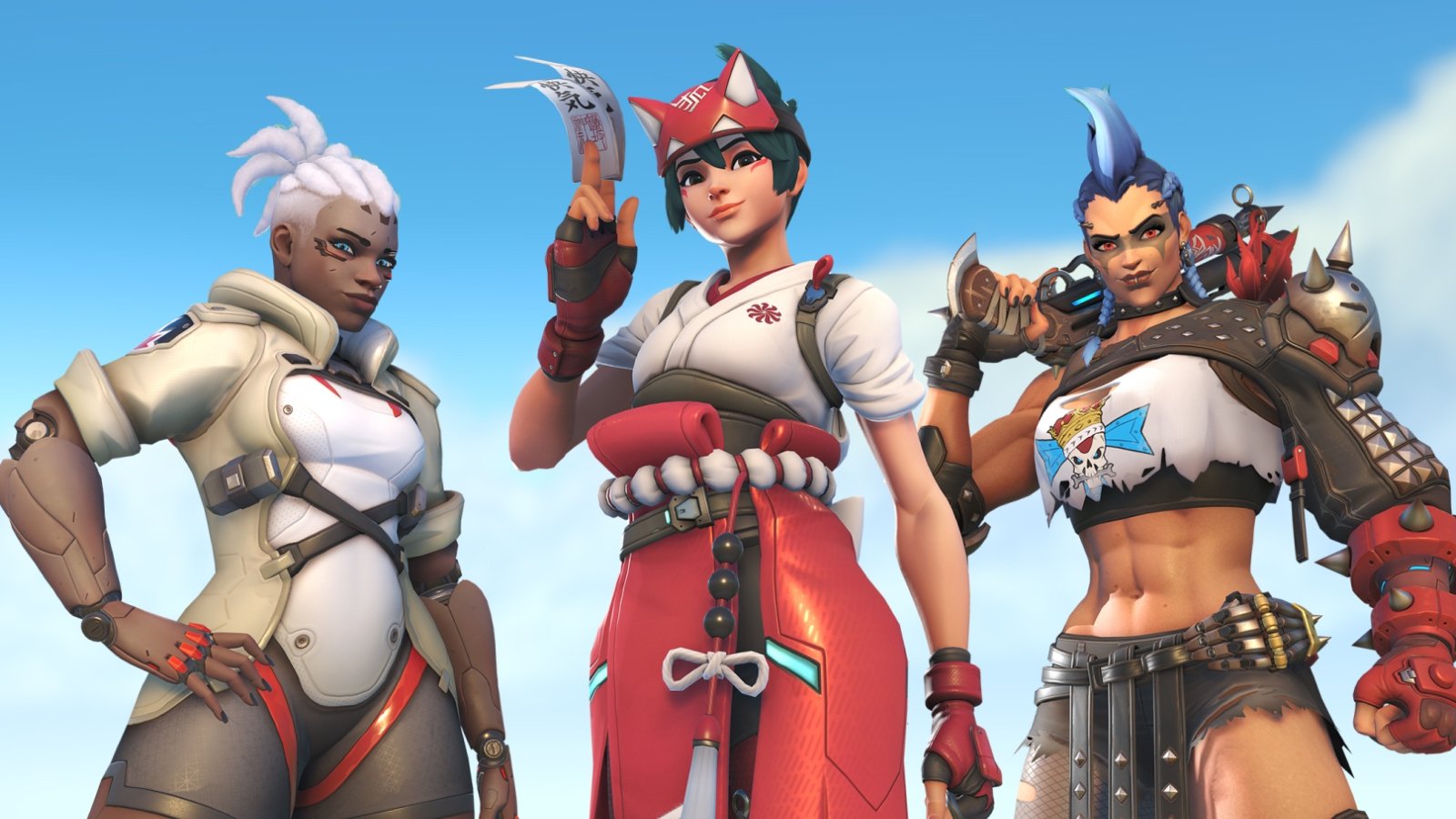
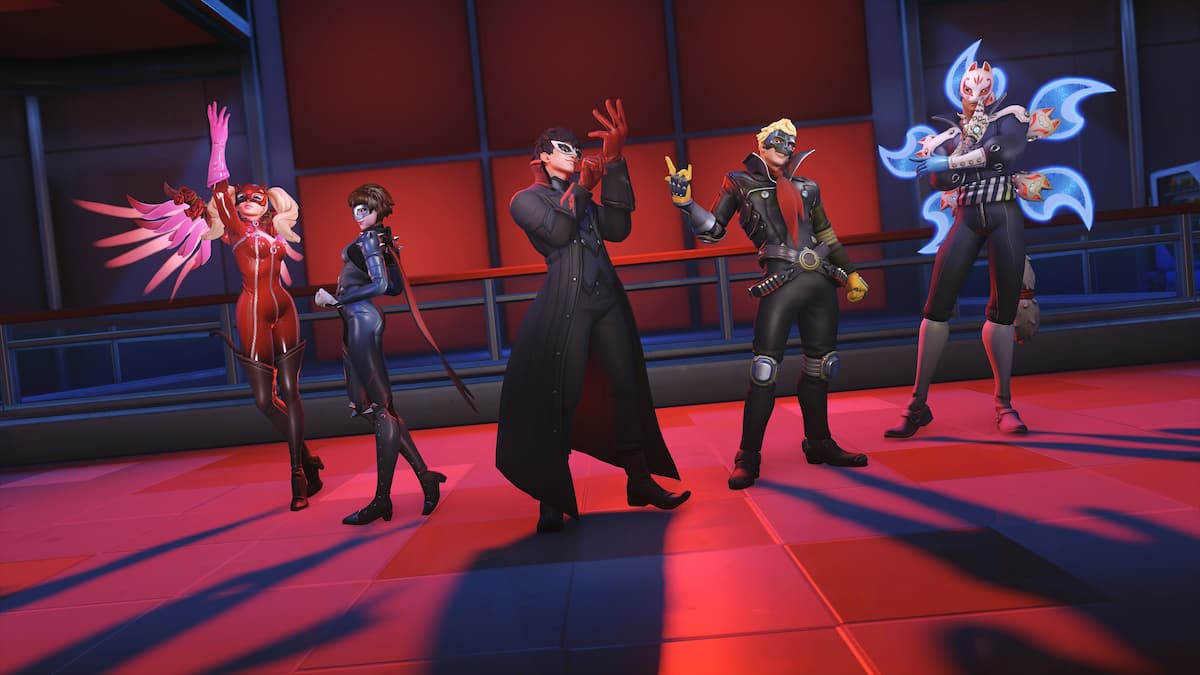
Published: Jun 27, 2018 03:47 pm